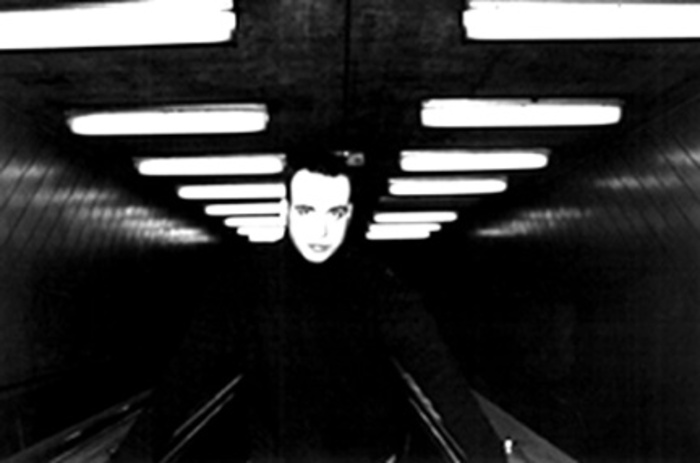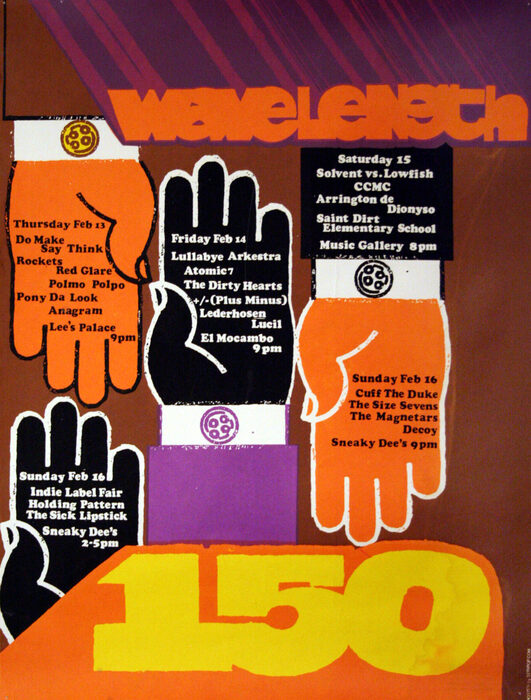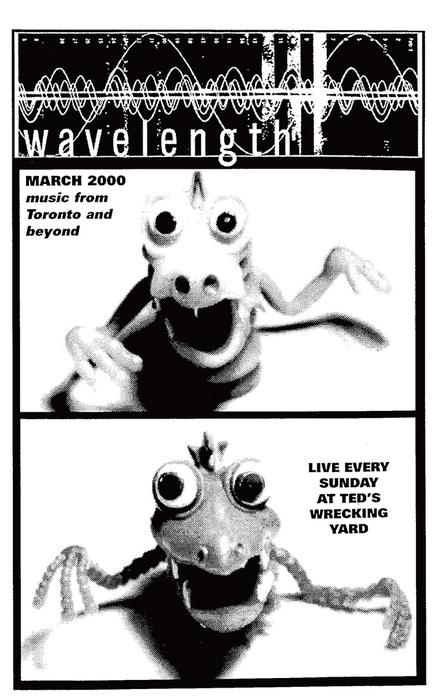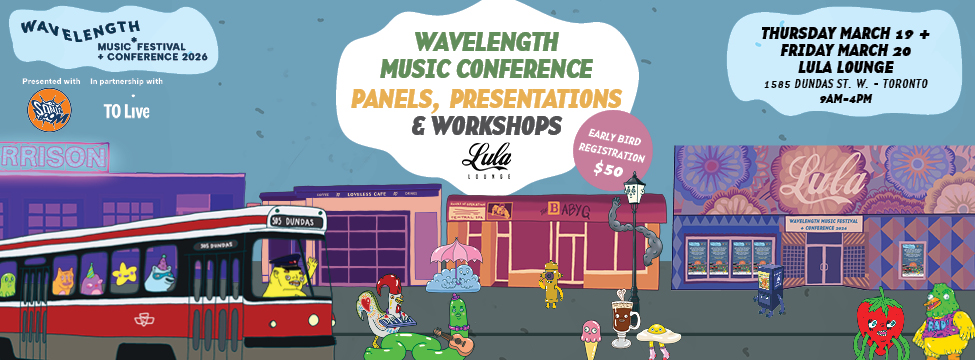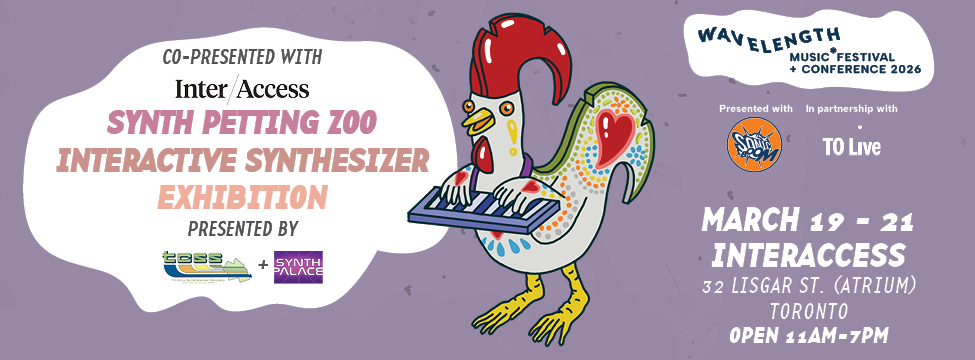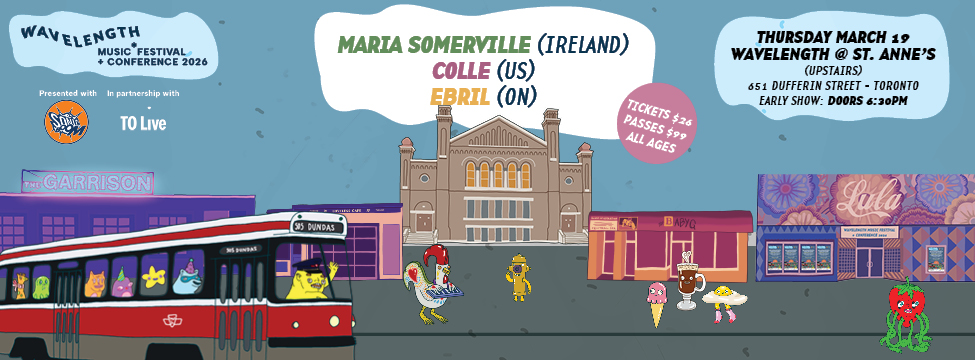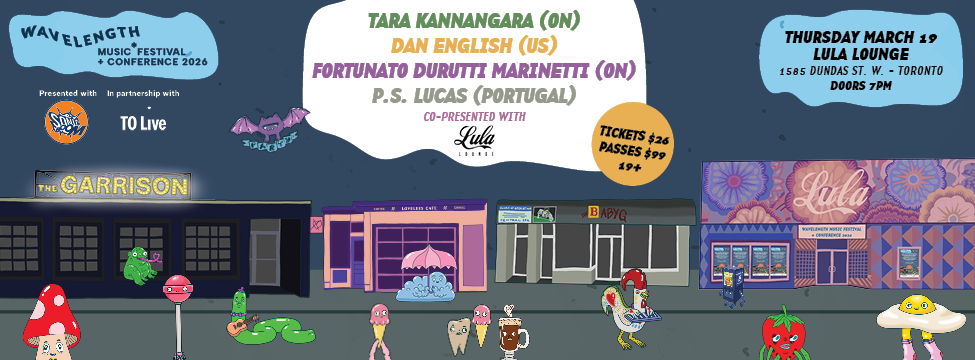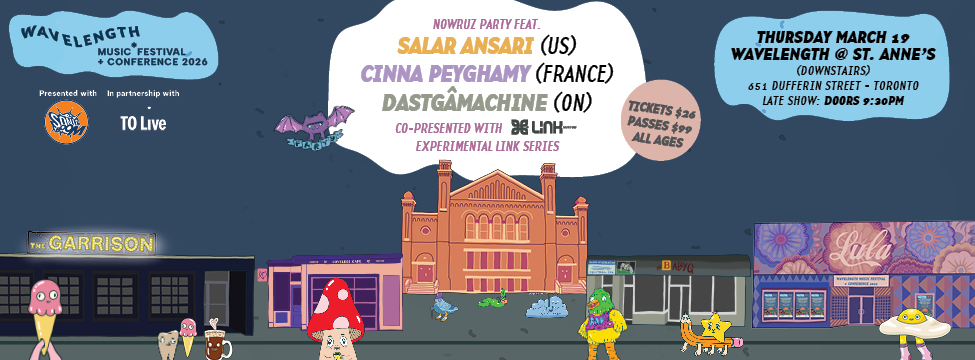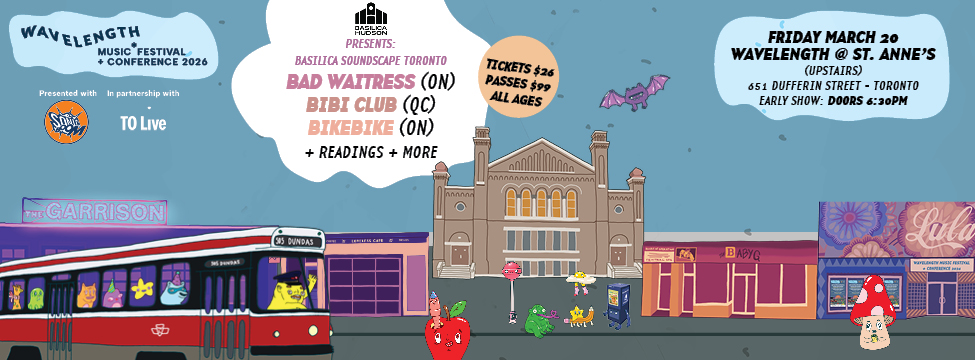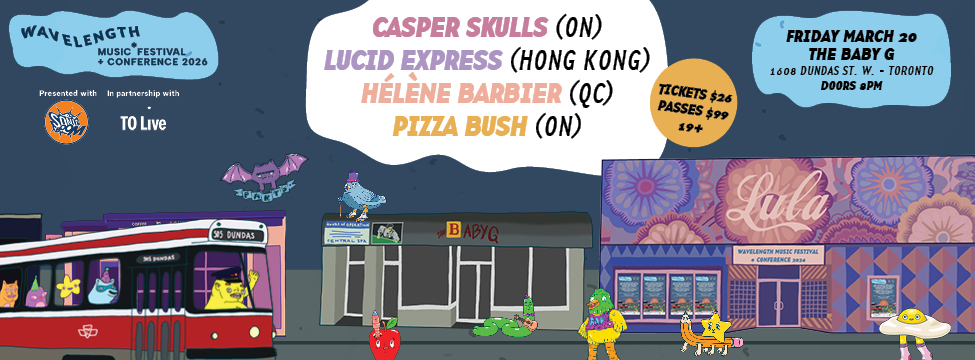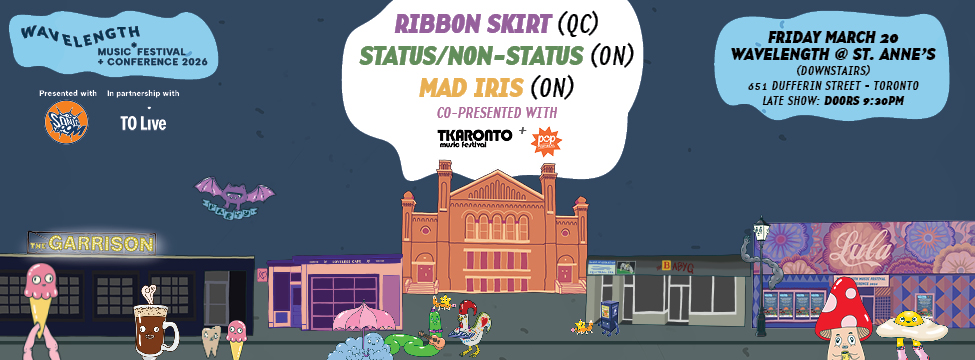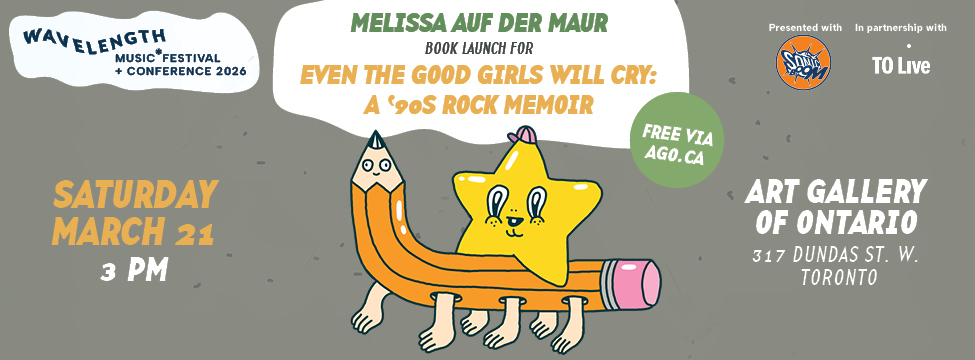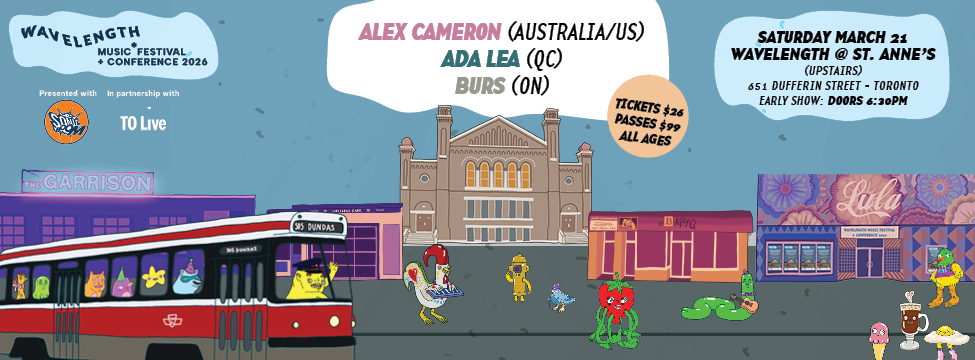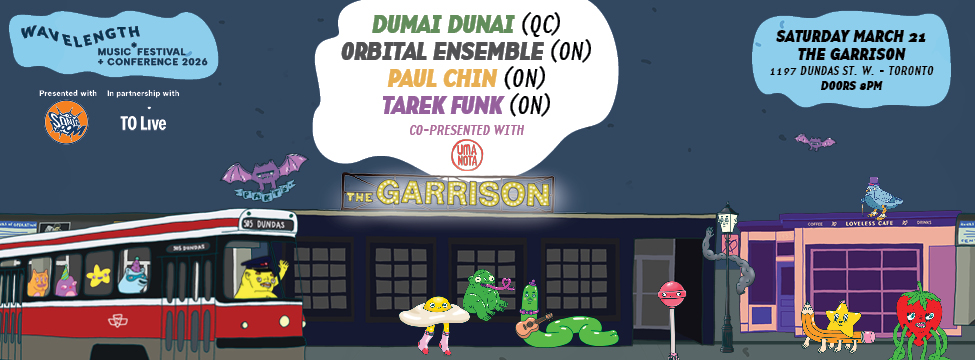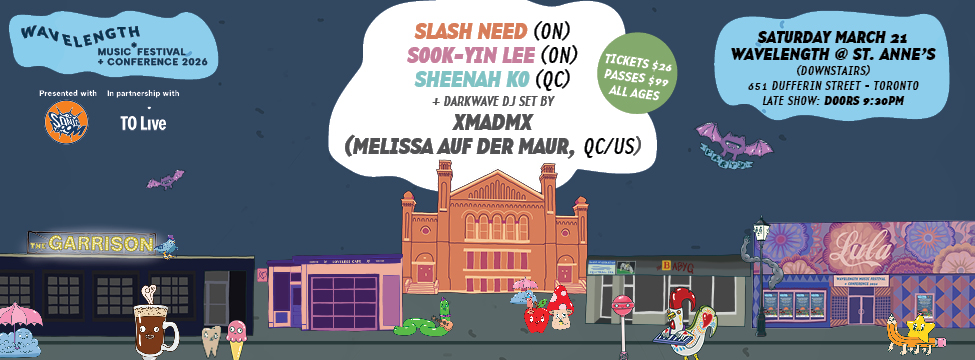Interview from March 2000 Wavelength Zine
DJ Solvent is Jason Amm. Suction is a label he helps run. He DJs the first No Beat Radio Wavelength night. Time of occurrence, March 5/00. Here is their last meeting.. .
AN INCOMPLETE RADIO TRANSCRIPTION BEAT RADIO IN INTERVIEW
WITH SOLVENT, OCT. 29/99
NBR: Suction records is a label that you co-run with Gregory De Rocher; and he is Lowfish and you are Solvent; and you also release other people …
SOL: We release some other people, mostly so far it’s been us. We started off, basically, as a vehicle for releasing our own music. From there it’s just gotten a lot of attention, so it’s actually turned into a bit of a serious deal now.
That serious deal is kind of across the board, it’s not just here, locally…
It’s actually probably not even doing the best here, compared to other places. We seem to sell a lot in places like Los Angeles for some reason, and we’re starting to do well in Europe, as well.
Is there any rhyme or reason to this; are these places you’ve actively sought out, or have they found you?
There was a little bit of hype that was generated about the label to begin with … we didn’t know that it was going to become something that we were going to spend the next few years of our lives totally involved in. It started off with some interest- we noticed people in Germany started emailing us – not many – but as we started taking it seriously, we had to pursue it, so that’s what we’re doing now. We’re pursuing those markets, because that’s where the real market is.
You’ve done some of that through the internet too …
Yeah, definitely. We started off by noticing people on the internet that had radio shows or wrote for magazines, and we started sending promos to them and then those people started going up through the ranks … but that’s how we made most of our initial contacts, for sure.
NBR: One thing I always notice with both of you [Solvent & Lowfish] is your titles, and they always seem to stick out, and I was wondering how you choose them?
I guess the thing about instrumental electronic music is in the early 90’s, the stuff we always get lumped in with, like Aphex Twin and Autechre; their song titles alwaysseemed to me like they were “we don’t care about titles, let’s call it ‘xyz9000cubed’” and that sort of thing, I guess at the time maybe it seemed like an interesting idea but I came from a pop music background and I was always into song titles, so, as a reaction to that sort of thing I took the idea of a song title … if I’m not going to have lyrics, I should at least set some sort of mood, and I always liked words and so it was important for me to spend some time and come up with some interesting titles.
The other thing I noticed, which is a Suction trait as well as a Solvent trait, is a sense of aesthetic.
The whole cliche with this type of music to begin with is that it was music with no personality. I was never able to buy into all those cliches, I always wanted to give the music some kind of personality because my feeling about it when I was making it was I wasn’t trying to be abstract, I just felt I was in the realm of instrumental music So I wanted bold pictures, bold song titles, bold melodies. So from the packaging, to the wording to the song titles, to the music I want everything to exude a certain type of personality. I come from a background of the cult of the label, whether it was Mute, or even an artist with a real set image/way of presenting themselves; someone like Bauhaus, I was always into that idea of creating a ‘cult of the label’ or a ‘cult of the artist’ so that’s what led me to wanting to do the same thing with Suction.
The other thing I wanted to cover is the voice samples; and that was a theme from the last album, too – little snippets and pieces that almost sound like an instrument in themselves and suddenly end up not being that…
I used to listen to a lot of industrial music, Skinny Puppy and stuff like that and there was always a lot of voice samples. When I started making music, I was using voice samples as well. Now they would use voice samples that would actually say something ,you know, very cliched, industrial things like [assumes affected voice] “The War Is Coming, Get Prepared”, so I wasn’t using stuff like that but I was always trying to find clever little voice sampies to throw in. And then I started feeling like ‘okay, this track has a certain type of mood and I’m trying to find something clever, are they working together?’ It never really seemed like you could find that all-encompassing sample, that actual statement that was going to sum up the emotion of the music. So I started getting into more chopping it up or messing it up; not just for the sake of doing it, but just because the sound of the human voice definitely adds something to the music. The reason I started chopping it up was because it took away from the blatant message. Then I started realizing that it adds to the music and exactly like you say, it just became an instrument. I think ‘this song needs something…”, well, then I started chopping up voices…
I also wanted to comment on how, and I don’t know if you’re going to take offense to this or not, but the two albums back to back kinda compliment each other in that it seems that it’s definitely different but it’s definitely still Solvent and it’s definitely a lot the same.
One of the ongoing things with electronic music in the nineties is that it always has to progress and that to me is not working with my aesthetic on music I have an idealized aesthetic about what’s good and what’s not and it doesn’t necessarily have to sound like it’s breaking boundaries because good pop music is always good pop music. It’s not like I’m gratuitously clinging to something, I’m just going for what’s good. It doesn’t necessarily have to move forward, it doesn’t have to go with the way the styles are changing – timeless music is timeless music …

